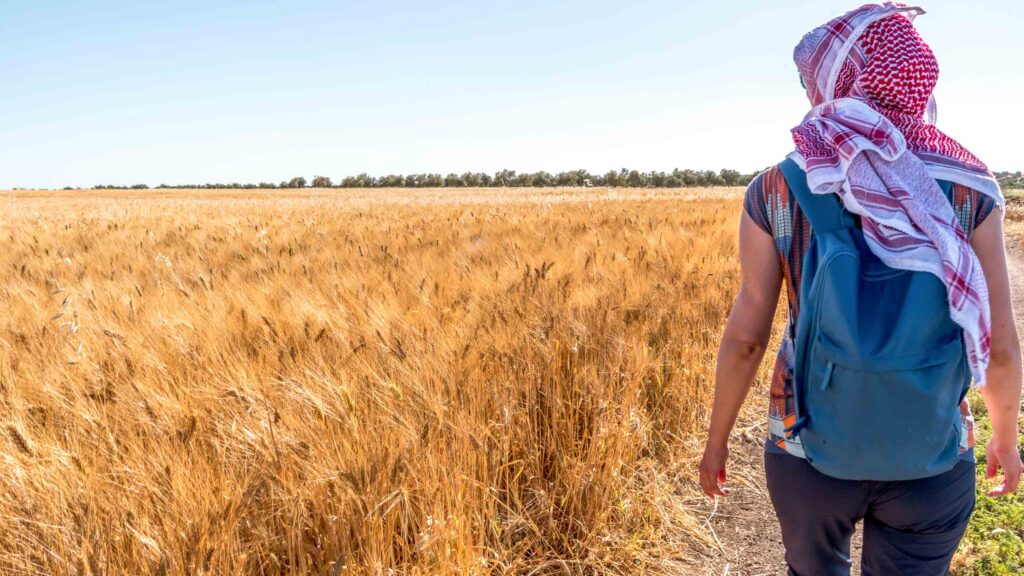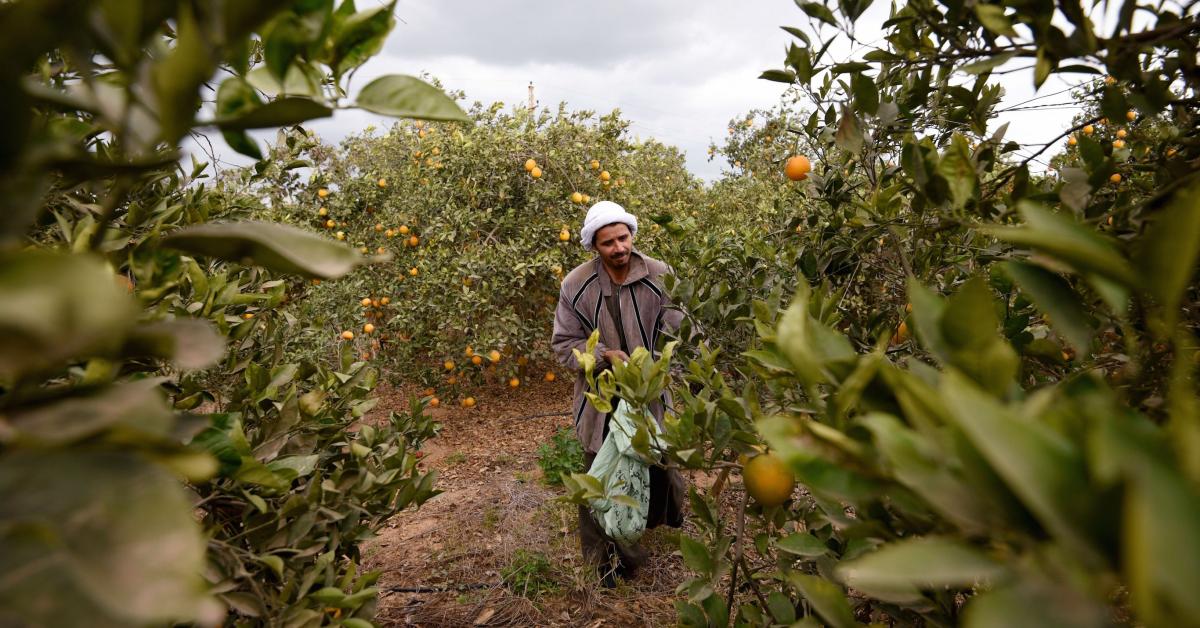Food & Climate
The innovators, entrepreneurs, and changemakers are in called to enhance food security in a changing climate in 3 Arabic countries with $ 1 million.
The WFP Innovation Accelerator, with support from the Adaptation fund, has launched the Climate Adaptation Innovation Accelerator Programme as part of the Adaptation Fund Climate Innovation Accelerator (AFCIA) partnership.
This initiative aims to identify, support and scale high-impact innovations that enhance climate adaptation and food security in vulnerable regions, according to a statement which seen by “Food & Climate” platform.
The Six-month “Sprint” acceleration programme combining business-oriented training, mentoring, and technical assistance from the WFP Innovation Accelerator.
There is more than US$ 1 million in equity free funding will be available for 8-10 startups through competitive grants based on the stage of the solution, including up to US$ 120,000 per venture for seed stage solutions and up to US$ 200,000 per venture for growth stage and expansion stage solutions.
WFP Innovation Accelerator is looking for both low- and high-tech solutions specifically tailored to meet distinct climate adaptation challenges in Egypt, Jordan and Lebanon along the food system value chain.
It says: “we aim to identify and support exceptional innovations from around the world that hold the potential to address these challenges on a significant scale”.
Applicants are requested to showcase a high-impact, scalable solution that atches the below call for solutions to achieve food security:
In Egypt
WFP is looking for: climate information systems and early warning solutions that can provide governments and smallholder farmers with critical weather information to adapt to extreme climate conditions.
It needs also solutions to combat desertification and protect agricultural lands, off-grid and climate-friendly solutions that desalinate pondwater at a low cost for agricultural usage, non-GMO drought-tolerant crop varieties to enhance resilience and productivity in water-scarce regions, as well as crops suitable for saline soil conditions to boost agricultural productivity in salt-affected areas, affordable smart irrigation solutions that optimize water usage efficiency for crops, monitor soil moisture, highlight crop needs, or automate water delivery based on real-time data.
It askes solutions that enable smallholder farmers to convert biomass and organic waste into high-quality agricultural inputs, and innovative financing solutions that enable smallholder farmers and agro-processors to access financial services necessary for sustainable climate resilience.
Food security in Jordan
WFP is looking for: smart covers for water storage ponds to reduce evaporation and support agricultural productivity, particularly for smallholder farmers, solutions that utilize soil conditioners, such as nano clay and other methods to enhance water retention and boost agricultural productivity in arid regions. It looking for affordable and easy-to-implement technologies for complementary irrigation to enhance water efficiency and agricultural productivity, non-GMO drought-tolerant crop varieties to enhance resilience and productivity in water-scarce regions, as well as crops suitable for saline soil conditions to boost agricultural productivity in salt-affected areas, affordable rainwater harvesting systems to ensure water availability during dry periods off-grid processing units such as solar dryers for dehydrating fruits.
It requires vegetables, and herbs that extend shelf-life and reduce post-harvest losses and minimize food waste; and solutions that convert agricultural and organic waste into affordable agricultural inputs or animal feed.

In Lebanon
WFP is looking for: precision agriculture solutions to monitor soil moisture, temperature, crop health, soil conditions or pest activity in real-time enabling smallholder farmers to use resources precisely, affordable off-grid irrigation technologies to reduce water usage and enhance agricultural productivity and resilience in remote areas.
It askes solutions for pastoralists to manage pests, diseases, and monitor livestock health and behavior in real-time, innovative financing solutions for smallholder farmers and agro-processors necessary for sustainable climate resilience or climate insurance solutions that offer quick and transparent payouts based on weather indexes. eco-friendly solutions to eliminate pests and damaging pathogens to protect crops and enhance soils for plant health improvement while maintaining environmental sustainability.
Also, it needs affordable off-grid cold mobile storage solutions to enhance food preservation and reduce post-harvest losses in areas without reliable access to electricity; and solutions that convert agricultural and food waste into affordable inputs such as compost, biochar, organic fertilizers or animal feed.
According to the statement at “WFP” website: “by strengthening local capacities and fostering partnerships, we strive to enhance climate resilience and contribute to the Sustainable Development Goals (SDGs), especially SDG 2: ‘Zero Hunger’ and SDG 13: ‘Climate Action’”.
WFP offers extensive visibility across multiple WFP social media channels and other platforms and access to a diverse pool of mentors from various sectors and top-tier organizations.
The WFP’ initiative which targets food security in the 3 Arabic countries will open the registration till 13 August 2024, 11:59 pm (CEST).

